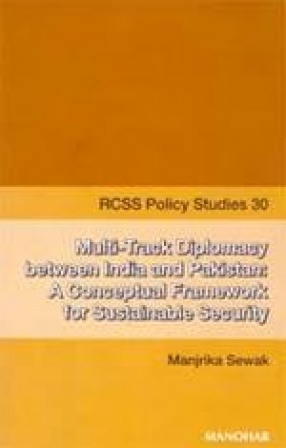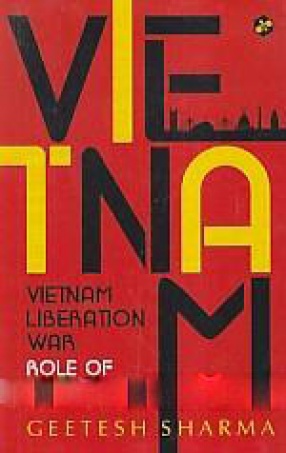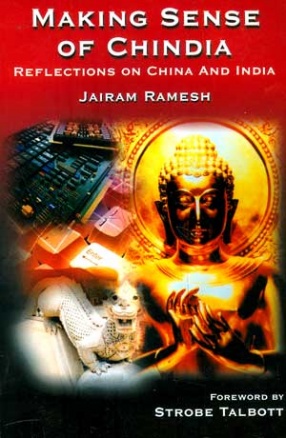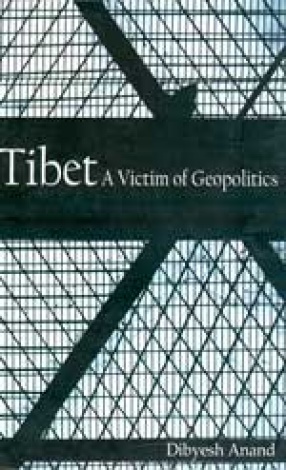This book introduces multi-track diplomacy as a conceptual framework for building sustainable peace and security between India and Pakistan. Tracing the evolution, philosophy and methodology of multi-track diplomacy, it draws attention to the role that civil society groups have played in resolving and transforming protracted conflicts. The conflict between India and Pakistan can be described as protracted, intractable and deep-rooted. Such a conflict requires the energy and participation of a diverse group of actors who bring unique skills and expertise to the task of building sustainable security. These actors include politicians, military leaders, government diplomats, conflict resolution professionals. Academia, business entrepreneurs, women’s groups, educators, journalists and grassroots activists, to name a few. This study foregrounds the peace building roles of such actors and points to the need for sustained co-operation, coordination and collaboration between them. In addition to highlighting the contributions of multi-track diplomacy to conflict resolution, it explores the potential value of such a framework in the sustenance of ‘positive peace’ and social change processes. This study draws attention to the challenges that confront those working in the area of multi-track diplomacy and makes recommendations for strengthening the role and impact of civil society peace initiatives. It also includes a comparative analysis of the non-official dialogue process between the United States and the former Soviet Union in order to extract the ‘best practice’ and ‘lessons learned’ that might be insightful for the peace process between India and Pakistan.
Multi-Track Diplomacy between India and Pakistan: A Conceptual Framework for Sustainable Security
In stock
Free & Quick Delivery Worldwide
reviews
Bibliographic information
Title
Multi-Track Diplomacy between India and Pakistan: A Conceptual Framework for Sustainable Security
Author
Edition
1st ed.
Publisher
ISBN
8173046212
Length
136p., Figures; Plates; Bibliography; 22cm.
Subjects





There are no reviews yet.